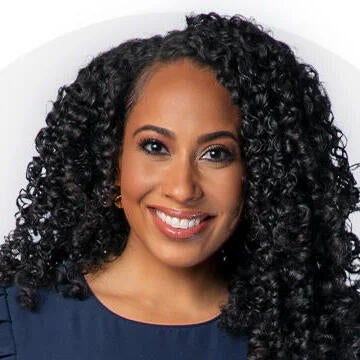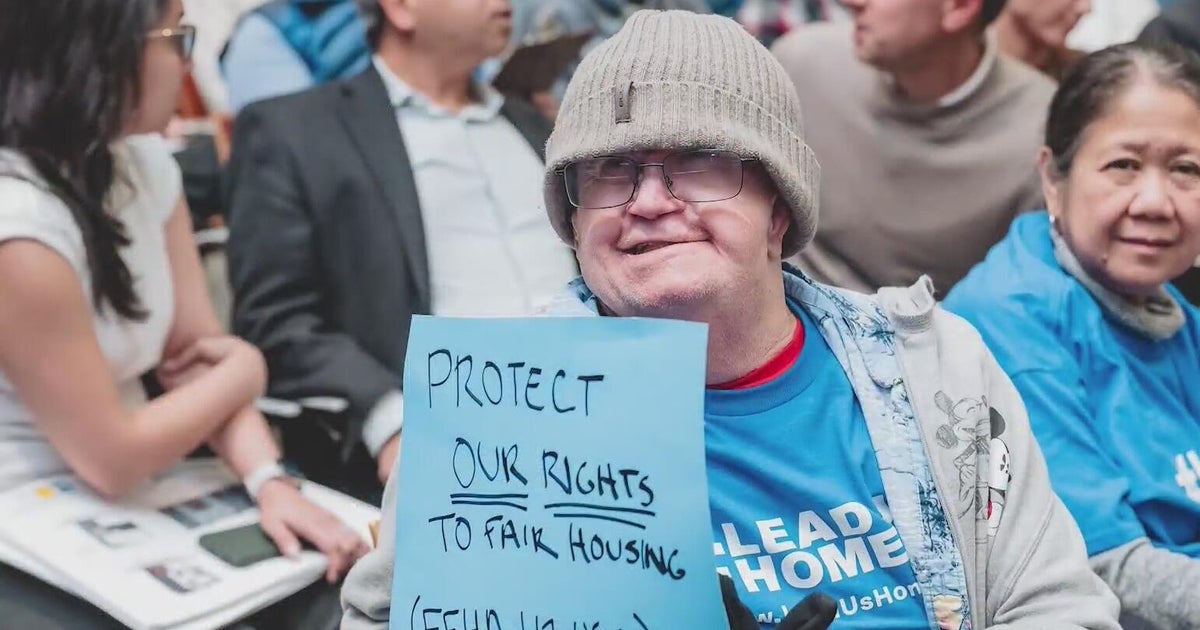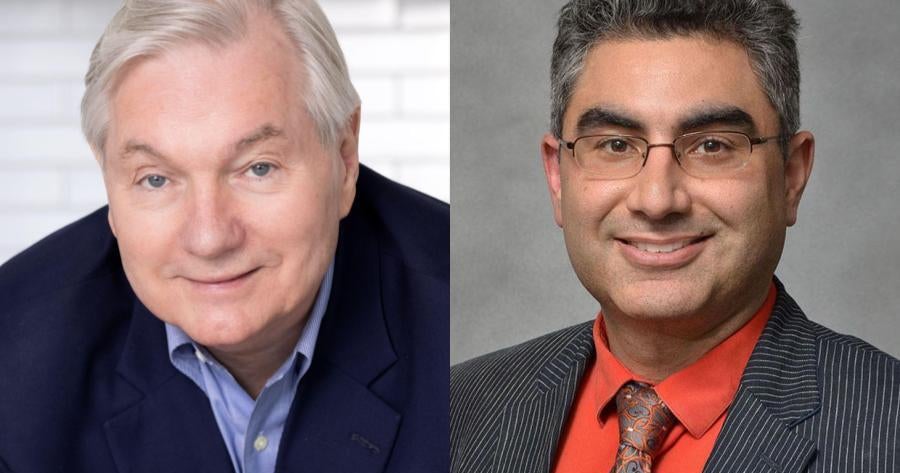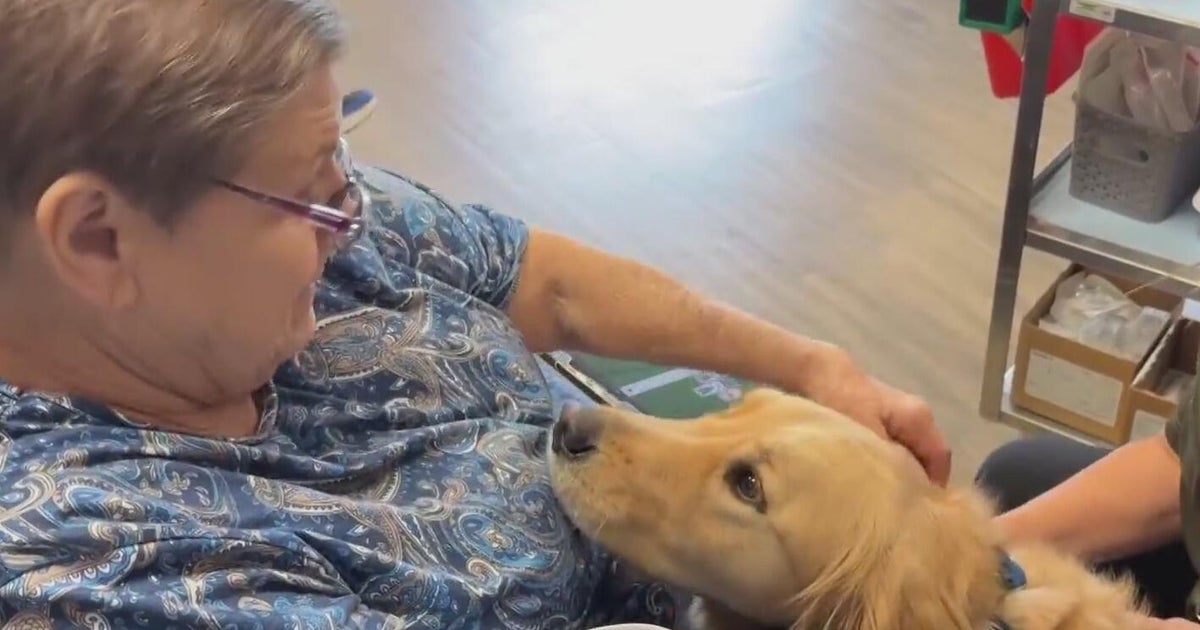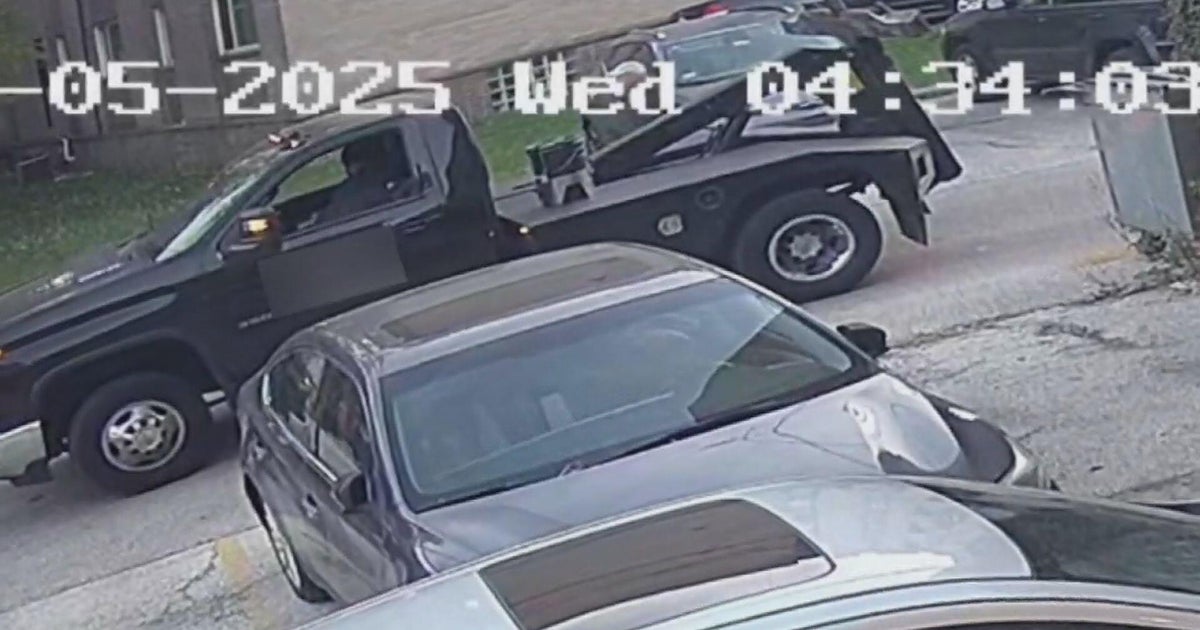Northwestern doctor examines why patients with disabilities face discrimination
CHICAGO (CBS) – Perhaps you've noticed how difficult it is just to see your doctor lately. It could take weeks, or even months.
CBS 2's Audrina Bigos took a look at the problem through the eyes of people living with disabilities, especially those in a wheelchair. She also found out about the challenges doctors face -- and what they say may surprise you.
Every day, Chernell Lane struggles with disabilities from mobility challenges to heart issues.
"They don't treat you with empathy or understanding. So that of course will make anybody feel sad, I guess? It would make anybody feel hurt," Lane said.
But one of the toughest things she faces is finding doctors who know how to treat patients with disabilities, or even want to.
"Sometimes the things they say and the way they treat you make you feel subhuman," she said.
Lane said she isn't alone and knows many other people with disabilities who feel the healthcare system and doctors have let them down.
"People with disabilities are facing discrimination when they're trying to make appointments with doctors," said Dr. Tara Lagu, of Northwestern University's Feinberg School of Medicine, who has been studying this problem for several years in several studies.
Lagu said it's just a fact that, "nobody goes to medical school because they want to discriminate against vulnerable patients."
"I remember how hard the system is to work in and how time-pressed doctors are," she added. "The healthcare system is broken. I think for people with disabilities, it is the most extreme example."
Lagu first saw it back in 2012 while trying to help a patient who used a wheelchair. She badly needed to see a urologist, but couldn't get an appointment.
"I said that doesn't make sense," Lagu said. "There's a law called the ADA [the Americans with Disabilities Act]. Doctors are required to see patients who have disabilities. So let me make some calls."
But after she said she called doctors all over the state, "I found out, it was true. I could not find this kind of doctor who would treat a patient in a wheelchair."
The more she dug, the more examples she found, including doctors who outright refused to see those patients at all. She needed to know why.
Her team held video focus groups asking doctors across the country what they do when people with disabilities want to see them.
"One started with something like, 'I've thought about this a lot. I just say I'm no longer taking new patients,'" Lagu recounted. "And then another person interrupted and said, 'Oh no, you can't say that. You have to say I don't take your insurance.' And another interrupted and said, 'No, no, no. What you need to say is you need specialized care and I am not the doctor for you.'"
Lagu said what she heard stunned her and Lane shared more of what she faced.
"Sometimes I can't get in an exam room, so I get told a lot, 'Can you park your chair outside?'" Lane said. "I have to tell them, 'No I can't walk from the hallway to the exam room.'"
And once she managed to get in the room, "Usually, there's no one there to help you," Lane said. "They're like OK, you need to get on the exam table and they're gone."
Lane said something as basic as going to the bathroom in a medical building can be a nightmare.
"This is dehumanizing," she said. "There have been times where I go to the bathroom, I can't fit my chair in the stall, so my chair is sitting in the doorway. The doorway is wide open and I have to go to the bathroom."
Lane said it's got to change.
"Everyone deserves the right to good health care," Lane said. "Everyone deserves the right to humane health care."
Lagu also said many doctors are encouraged by insurance companies to keep visits short and see as many patients as possible in a day. She said that's another problem, because people with disabilities often need more time than other patients.
On Friday night at 10 p.m., CBS 2 will examine some possible solutions from both doctors and patients.
